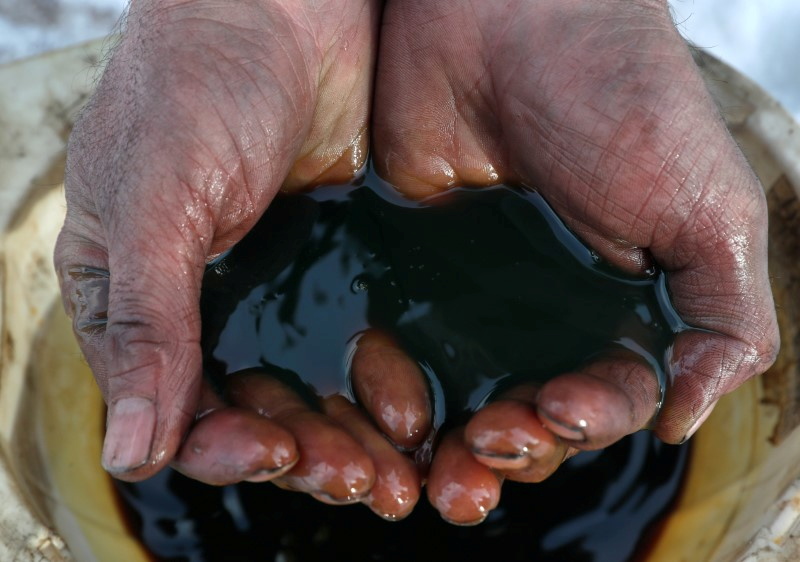Oil prices surged Tuesday after a meeting of oil producing nations was postponed, leading some to worry about a price war.
U.S. benchmark crude rose $1.28 to $76.43 a barrel. Brent crude, the international standard, added 24 cents to $77.40 per barrel.
In a commentary, Harpreet Bhal of ActivTrades said the rising prices raise “the risk of a price war if the conflict escalates, like in March last year.”
The conflict Bhal is referring to involves members of the OPEC cartel and allied oil producing countries. Talks between the groups broke off in the middle of a standoff with the United Arab Emirates over production levels.
In an unusual public confrontation with leading cartel member Saudi Arabia, the UAE pushed back against the OPEC Plus group Sunday. The UAE said it supported a proposed gradual increase in production favored by Saudi Arabia, the group’s largest producer. But the UAE said it also wanted an increase in its own permitted level of production.
No new date has been set for resuming talks, leaving oil markets in a state of temporary uncertainty about future supply as demand for fuel continues to recover from the worst of the coronavirus pandemic.
“Higher energy costs could fan inflationary stresses and add to the case for global central banks to temper emergency stimulus in the months ahead,” Bhal said.
Last year’s abrupt halt to travel and widespread lockdowns reduced global demand for oil, driving down energy prices. The OPEC Plus group agreed to a steep cut of about 9 million barrels per day to keep prices from collapsing further. Saudi Arabia went even further, voluntarily cutting even more of its own production.
As economies began rebounding, the OPEC Plus group increased production so that daily cuts averaged around 6 million barrels per day. Currently, the OPEC Plus alliance is producing some 37 millions barrels per day compared to around 43 million barrels per day in April 2019.
 FILE PHOTO: An employee demonstrates a sample of crude oil in the Yarakta Oil Field, owned by Irkutsk Oil Company (INK), in Irkutsk Region, Russia in this picture illustration taken March 11, 2019. REUTERS/Vasily Fedosenko/Illustration/File Photo
FILE PHOTO: An employee demonstrates a sample of crude oil in the Yarakta Oil Field, owned by Irkutsk Oil Company (INK), in Irkutsk Region, Russia in this picture illustration taken March 11, 2019. REUTERS/Vasily Fedosenko/Illustration/File Photo
 FILE PHOTO: An employee demonstrates a sample of crude oil in the Yarakta Oil Field, owned by Irkutsk Oil Company (INK), in Irkutsk Region, Russia in this picture illustration taken March 11, 2019. REUTERS/Vasily Fedosenko/Illustration/File Photo
FILE PHOTO: An employee demonstrates a sample of crude oil in the Yarakta Oil Field, owned by Irkutsk Oil Company (INK), in Irkutsk Region, Russia in this picture illustration taken March 11, 2019. REUTERS/Vasily Fedosenko/Illustration/File Photo










